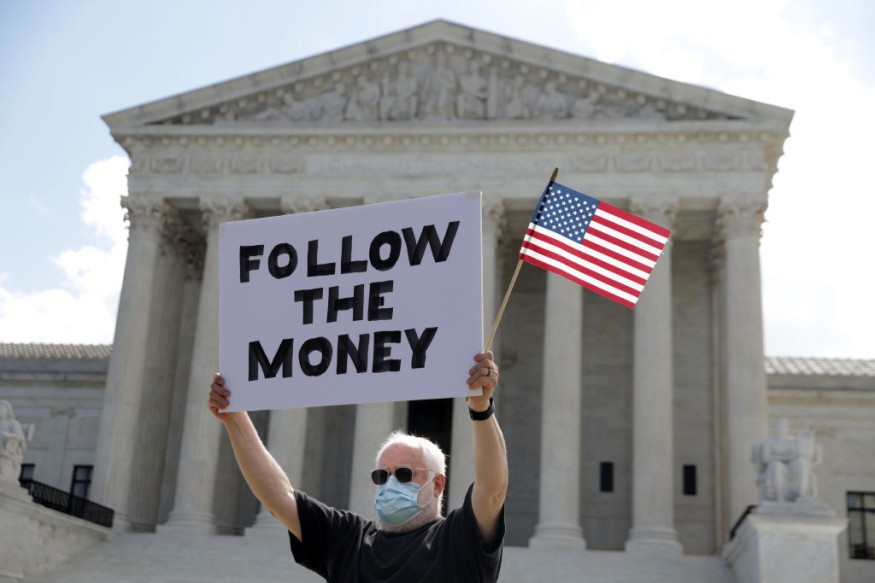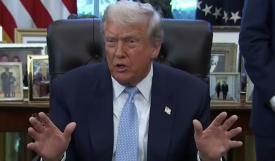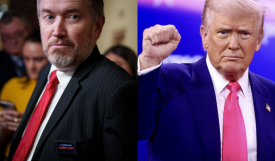Trump’s Tax Records Should Not Be Disclosed to the Public Without Consent, Grassley Says

President Donald Trump's tax records should not be disclosed to the public without his consent, as stated in Section 6203 of the tax code, according to Senator Chuck Grassley (R-Iowa).
Following a report that came out on the New York Times regarding Trump's tax records, the Senate Republicans are under pressure to delve into the documents.
However, Grassley, the chairman of the Senate Finance Committee, said that any effort of the Senate to obtain and disclose Trump's tax records, while the election is upcoming, could be a violation of the internal revenue code.
Under Section 6203 of the tax code, individual and business tax returns are confidential. It further stated that information on those tax returns should not be disseminated by federal officers or employees without the taxpayer's consent.
Grassley's reply to reporters asking if he would be seeking to obtain Trump's tax records seem to indicate that he is worried that they would be used for political purposes as the November 3 election nears.
According to the New York Times, Trump had not paid any federal income taxes in 11 of the past 18 years. The report also stated that Trump claimed a $72.9 million tax refund that is now the subject of an IRS audit.
The Times continued that Trump owed $421 million in loans that will be due in four years time. House Speaker Nancy Pelosi had said that this raises a question in the national security.
However, Grassley's committee seemed hesitant to get its hands on Trump's tax records. The senator said that he had checked, and that Section 6103 of the tax revenue code does not allow tax returns to be used for political purposes.
Grassley's committee may have an exemption as the law provides an exception for congressional committees with jurisdiction over taxes.
However, a report published in 2019 on the Congressional Research Service stated that a congressional inquiry must only request for tax records to further a legislative purpose.
The report further noted that the Congress does not have the power to obtain private tax records when the intention of its inquiry is not for legislation.
Last July, the Supreme Court had ruled that the Congress could not review Trump's tax records. They must first scrutinize whether the congressional request is justified by a legislative interest balanced with the president's position as the head of an equal and separate branch of the federal government.
This means that Grassley may be right in holding back from obtaining Trump's tax records.
Other Republican senators have balked at commenting on Trump's tax records, how much tax he paid and how much loans he owed saying that it was difficult to verify the report without the original documents.
Senator Ted Cruz (R-Texas) said that he had read the report on the New York Times which they based on a document that they decline to disclose. He added that it indicates that the documents were given to the Times in violation of federal criminal laws.
The report on Trump's tax records has been labeled by the President, himself, as fake news.
Check these out:
Trump Denies Report on Tax Returns: 'It's Totally Fake News'
US Presidential Election: More Than 1 Million Ballots Already Returned
COVID-19 Cases: 21 US States Report Increasing Numbers as Cold Season Looms
Subscribe to Latin Post!
Sign up for our free newsletter for the Latest coverage!
© 2025 Latin Post. All rights reserved. Do not reproduce without permission.















